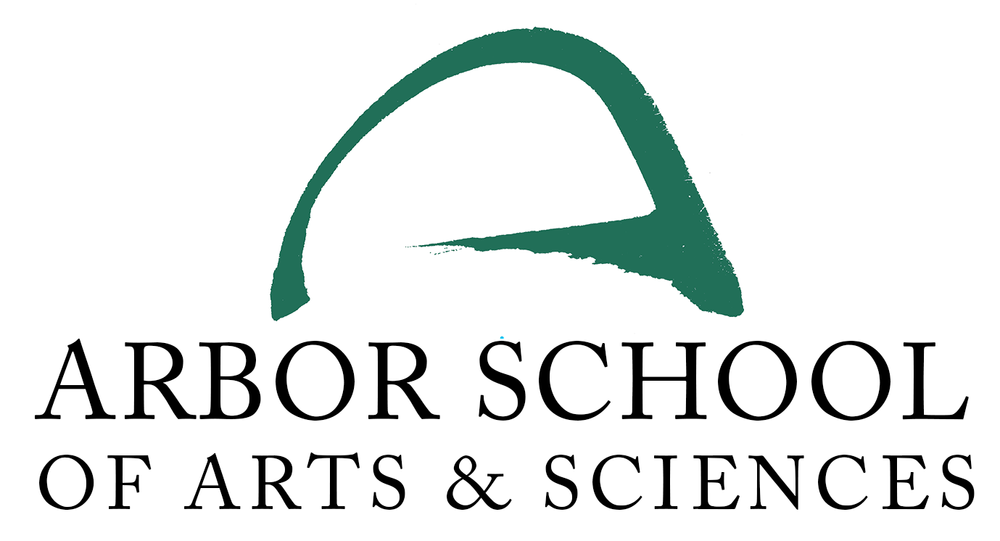Literacy
“Until I feared I would lose it, I never loved to read. One does not love breathing.”
The spoken word, poetry, attentive listening, and lots of reading and writing across genres are practices at the heart of Arbor's literacy curriculum. We ask students to speak to one another in semi-formal group settings with great frequency, learning to elevate the diction, clarity, and content of their speech. The recitation of poetry has a prominent place at Arbor. We promote the art of discussion and conversation, of advancing an argument and explaining one’s thinking, of engaged and attentive listening. Books have primacy throughout the school. Students at every level have extensive time for independent reading and receive support and guidance from teachers through frequent individual reading conferences, book groups, and seminars. Fiction and non-fiction texts form the backbone of our thematic curriculum and inform students' creative and research writing. While pursuing higher literary studies, we do not lose sight of mechanics; every child learns cursive italic handwriting and masters the mechanics, spelling, and vocabulary appropriate to his developmental level, the better to express his ideas in writing across the disciplines. At Arbor, we provide many and diverse opportunities for students to:
- Appreciate and practice the spoken word
- Hear, read, memorize, declaim, and write poetry
- Listen attentively in all group settings
- Read, and read, and read, and read some more
- Read great books, both fiction and nonfiction
- Read across a wide variety of genres
- Discuss books with others regularly in small and large groups
- Write across the curriculum with clarity and expressive language
- Write to understand key concepts in math and science
- Consider audience, and adapt prose to various purposes
- Master mechanics, spelling, vocabulary, and italic handwriting
Further details of our literacy education across the grades are available on the "Curriculum" pages in the menu above.
The Art of the Question
Besides emphasizing mastery of the fundamental habits and skills involved in speaking, reading, and writing effectively, we teach the art of the question. Our youngest students, naturally inquisitive, learn that well-crafted questions yield the most satisfying results, whether in terms of declarative answers or in uncovering the next great question. They practice gathering up everything they wonder about a subject and sorting their questions into those that can be quickly researched and simply answered ("What do beavers eat?") and those that require real delving ("How do beavers survive the cold winter?"). By the time they are Seniors, they are equipped to pose questions for nuanced research and to form theses supported by convincing evidence.
